CO559: Software Development
Open source software
Tomas Petricek
email: t.petricek@kent.ac.uk
twitter: @tomaspetricek
office: S129A
Background

MIT Hacker Culture
The Tech Model Railroad Club
Access to computers should be unlimited
All information
should be free
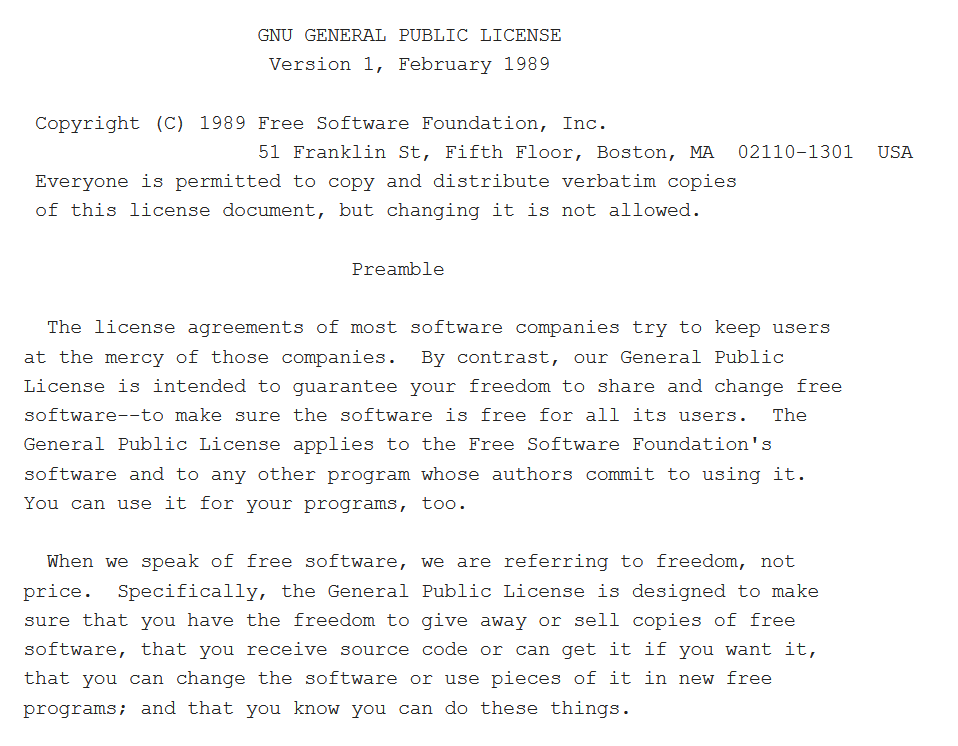
Free software
Free as in freedom, not as in free beer
GNU GPL (1989)
Restrictive - you must release changes using the same license
Hacker-centric - user is also a programmer
Commercial Windows vs. Free Linux (1990s-2000s)
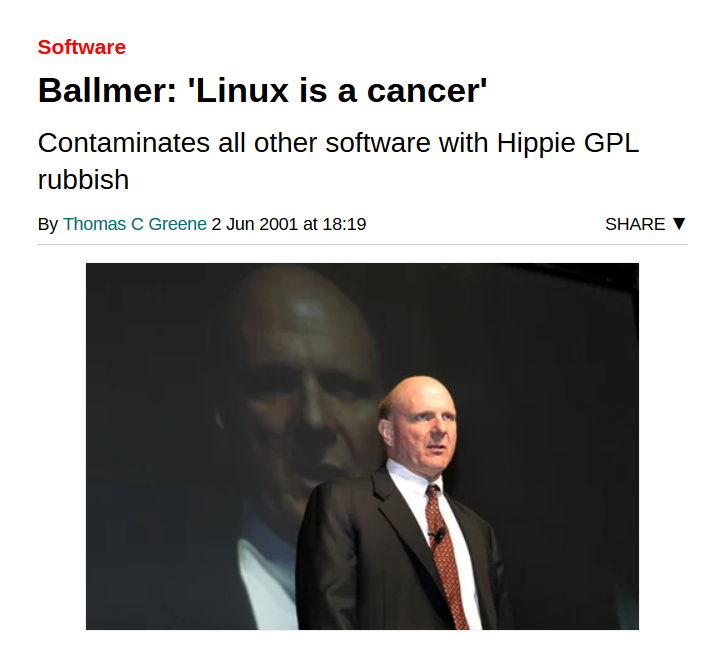
Commercial software
- Business approach to software
- Source owned by corporations
- Funded by selling software
Free software
- Hacker culture of software
- Code is free to modify and reuse
- Funded by additional services

Microsoft Linux
Commercial interests not selling software but providing services
New generation of OSS open-source without the "cancer" license clause
Open-source software
It's much more than free vs. commercial license
A lot of software is not a final end-user product
Search for sustainable open-source funding
Who is in control of open-source software?
Contributing and accepting contributions
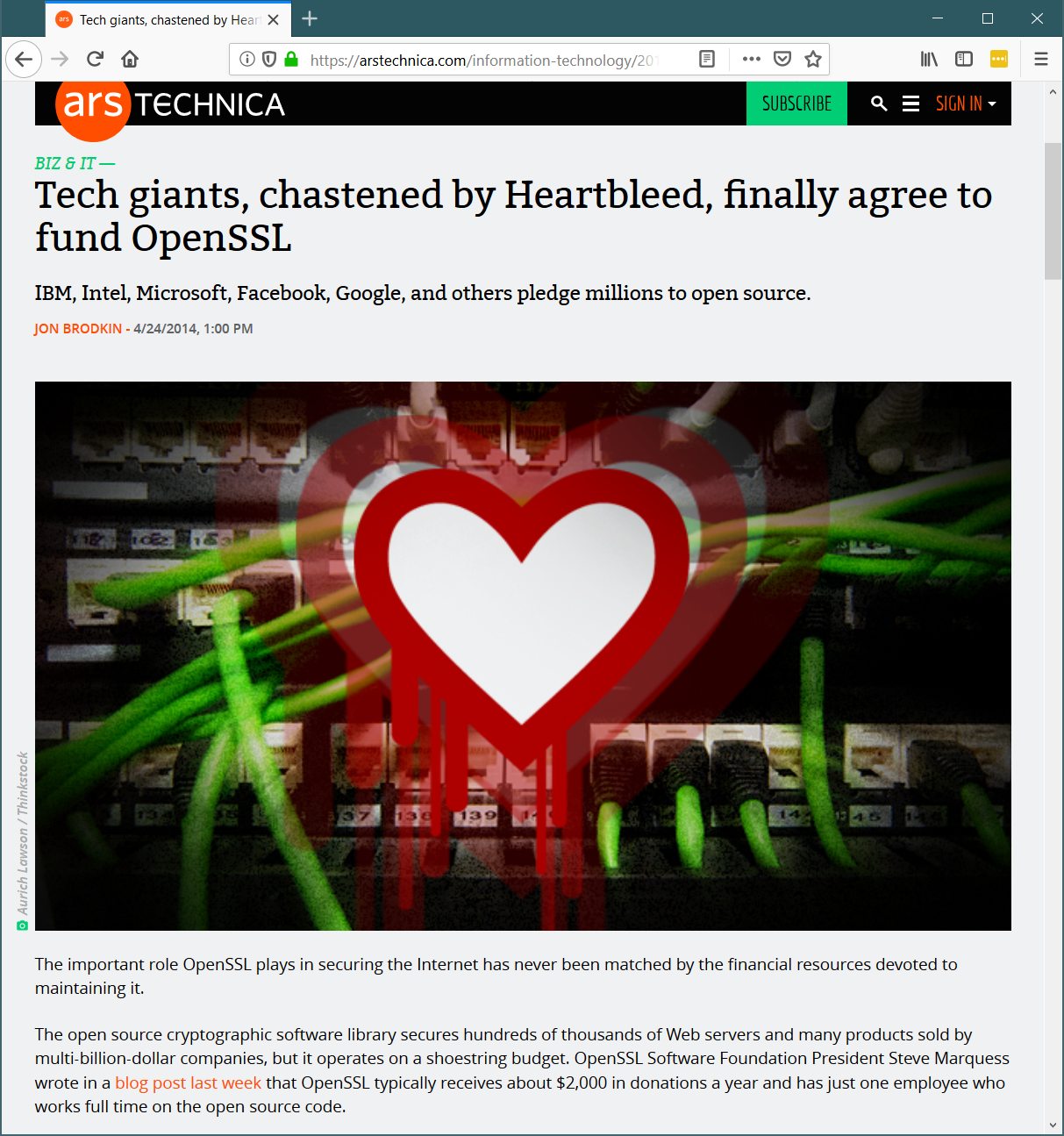
Sustainable open-source funding
Crucial safe internet infrastructure receives donations of $2000 per month to pay one developer.
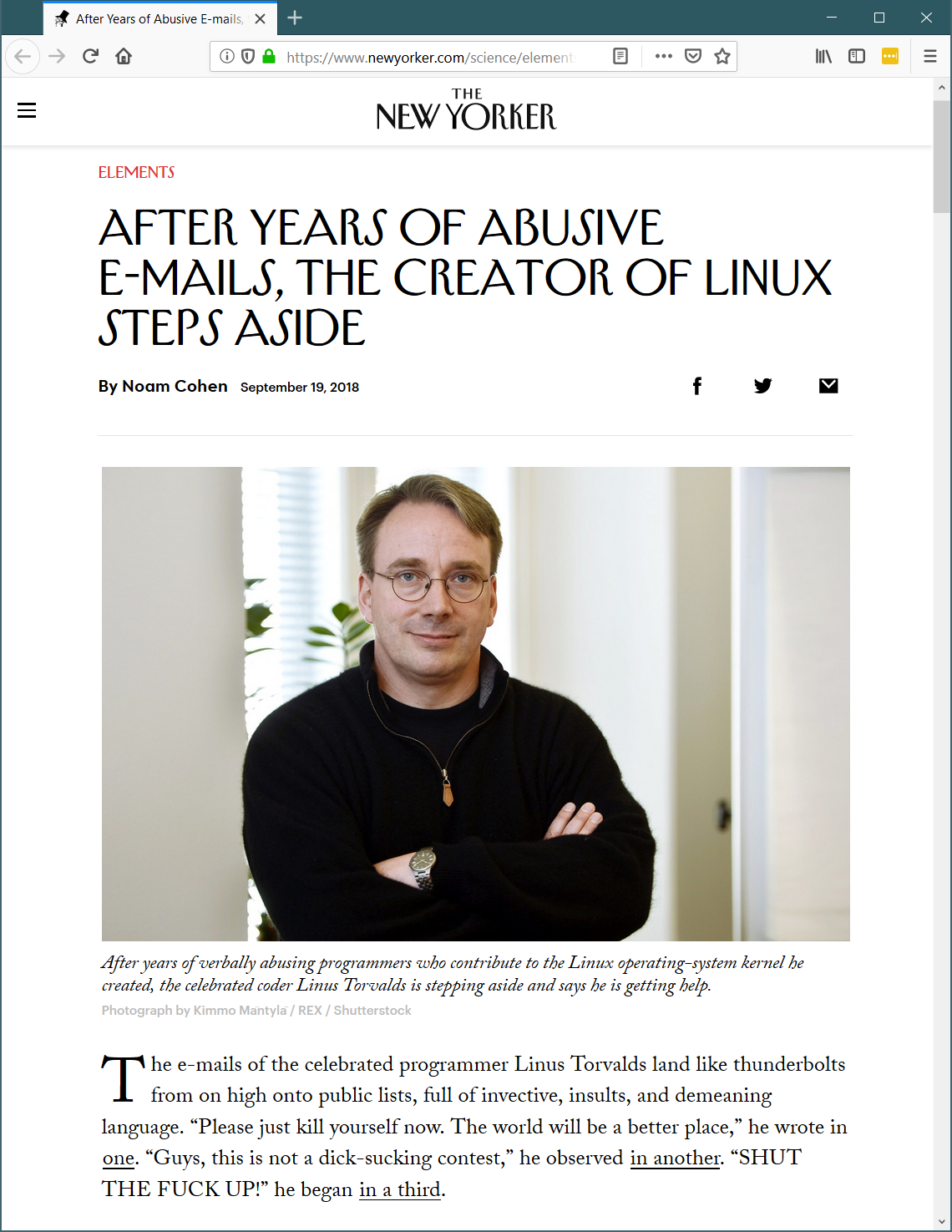
Welcoming community
Please just kill yourself now. The world will be a better place.
Becoming contributor
is hard without guidance
Attracting contributors
takes a lot of energy
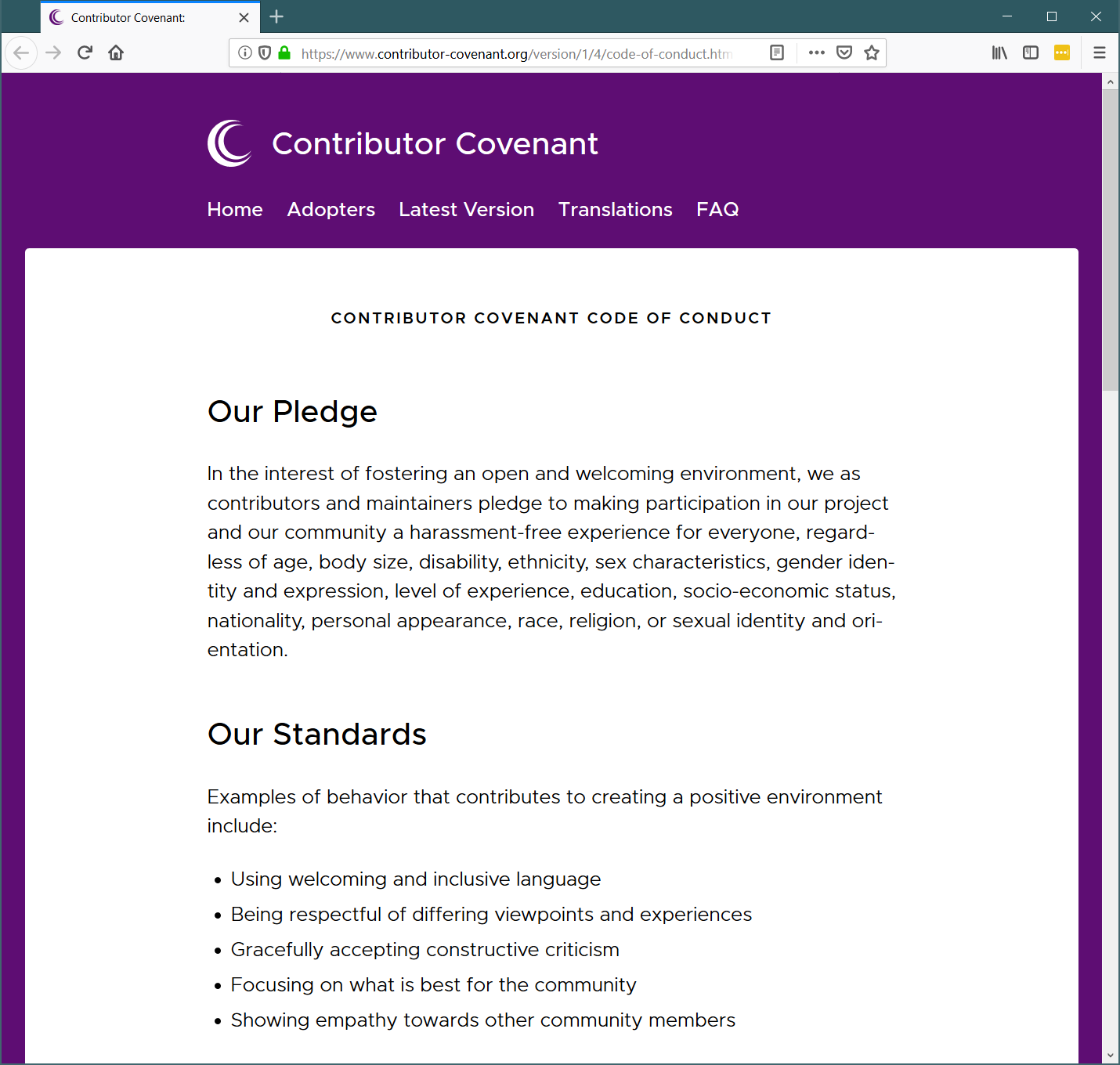
Code of conduct
"Be nice" is not enough
Clear set of rules to be followed, even by "key" contributors
Process for resolving and reporting issues that arise
Open-source models
Free software model
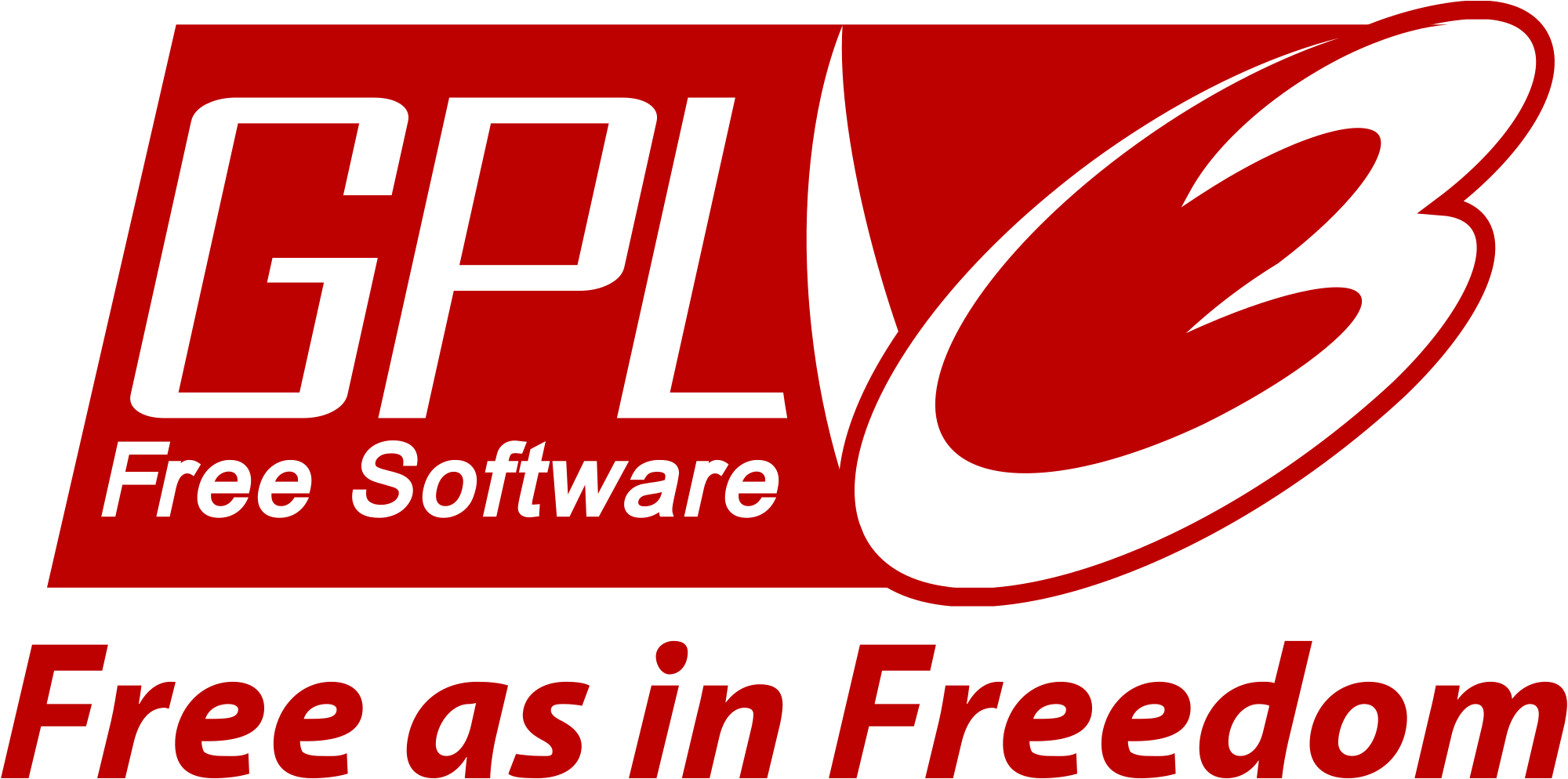
Philosophy and ideals
- Built by hackers for hackers
- Pay not with money, but with code
- Open decisions (rarely the case)
Licenses and tools
- GPL license requires publishing changes
- LGPL allows linking in proprietary software
- Distributed version control (git)
Dual licensing model

Philosophy and ideals
- Free for hackers, paid otherwise
- Pay with either money or code
- Commercial, but open ownership
Licenses and tools
- AGPL closes service provider loophole
- Using database forces you to share your code
- Commercial license if you don't want to
Consulting model
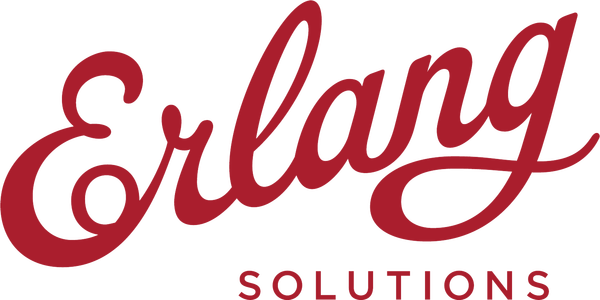
Philosophy and ideals
- Share code and allow all uses
- Find alternative funding source
- Commercial services, trainings
Licenses and tools
- MIT, BSD and Apache licenses
- Allow unrestricted use without requirements
Corporate open-source model
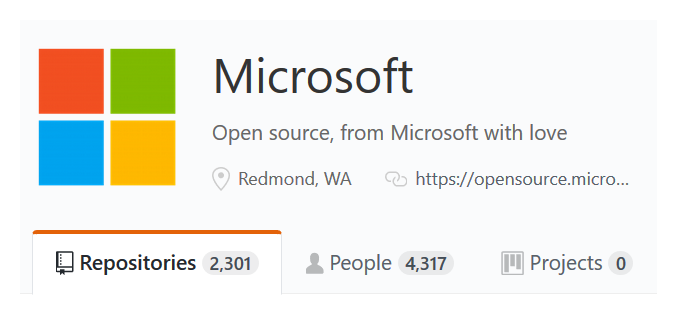
Philosophy and ideals
- Developer tools should be open
- Even those from companies
- Supports other profitable business
- Project ownerships remains corporate
Licenses and tools
- MIT, BSD and Apache licenses (again)
- Share code on GitHub for community reasons
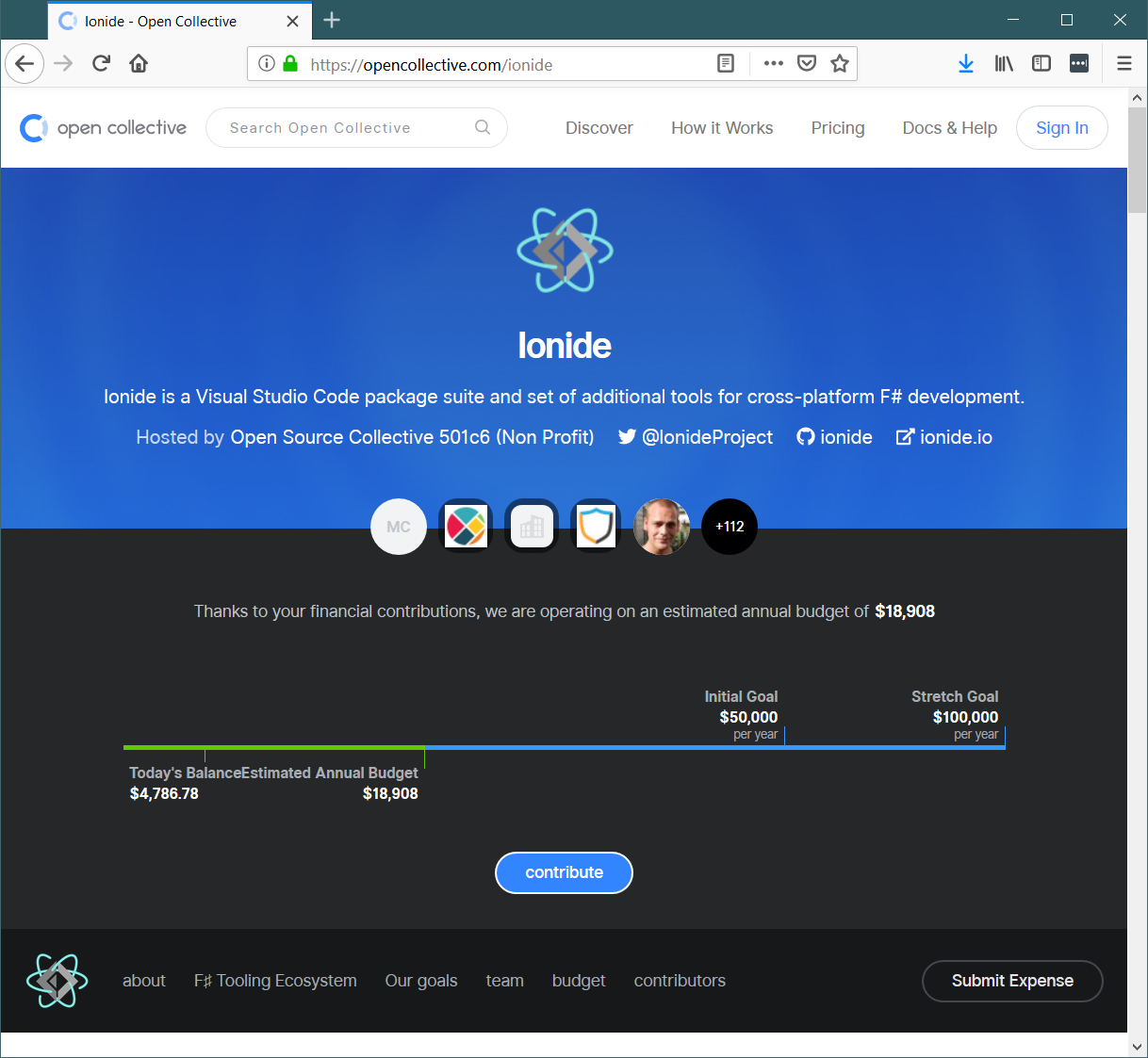
Community open source model
Alternative for community projects
Free as in free beer
(with donations)
Like corporate model without corporations
Is this sustainable?
Contributing to open-source
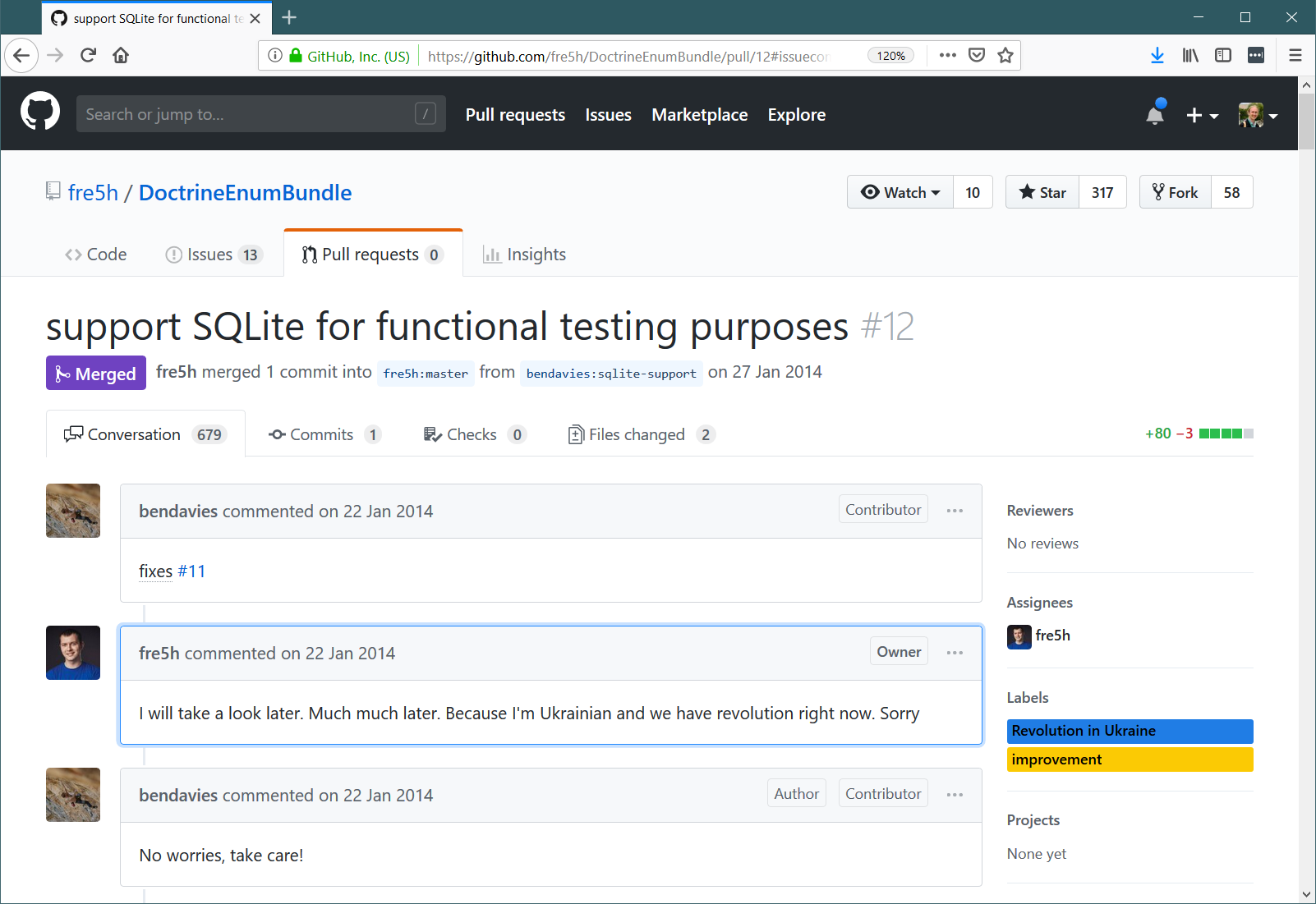
Life of an open-source project maintainer can be tough!
Contributing to open-source
What open-source projects need to live?
Maintainer - 1 hour a day, week or month
Someone to merge changes, build releases, explain issues
Core developers - irregular, but more time
To implement major new features in the software
Contributors - a couple of hours or days
Improvements, fixing bugs, better documentation
Contributing to open-source
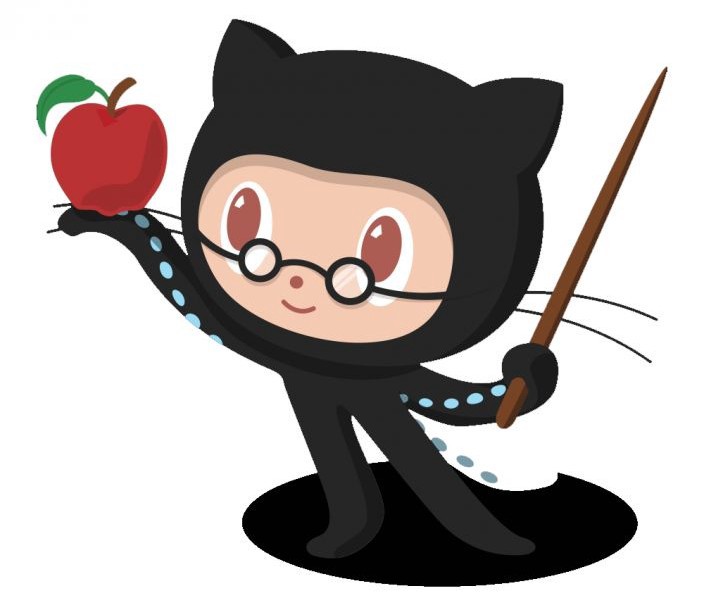
Even small things matter
- Minor bug fixes and typos
- Documentation improvements
- Good bug reports
How to do it well
- Follow style and contributing guidelines
- Report issues with minimal example
- Small to large builds trust & communicate well
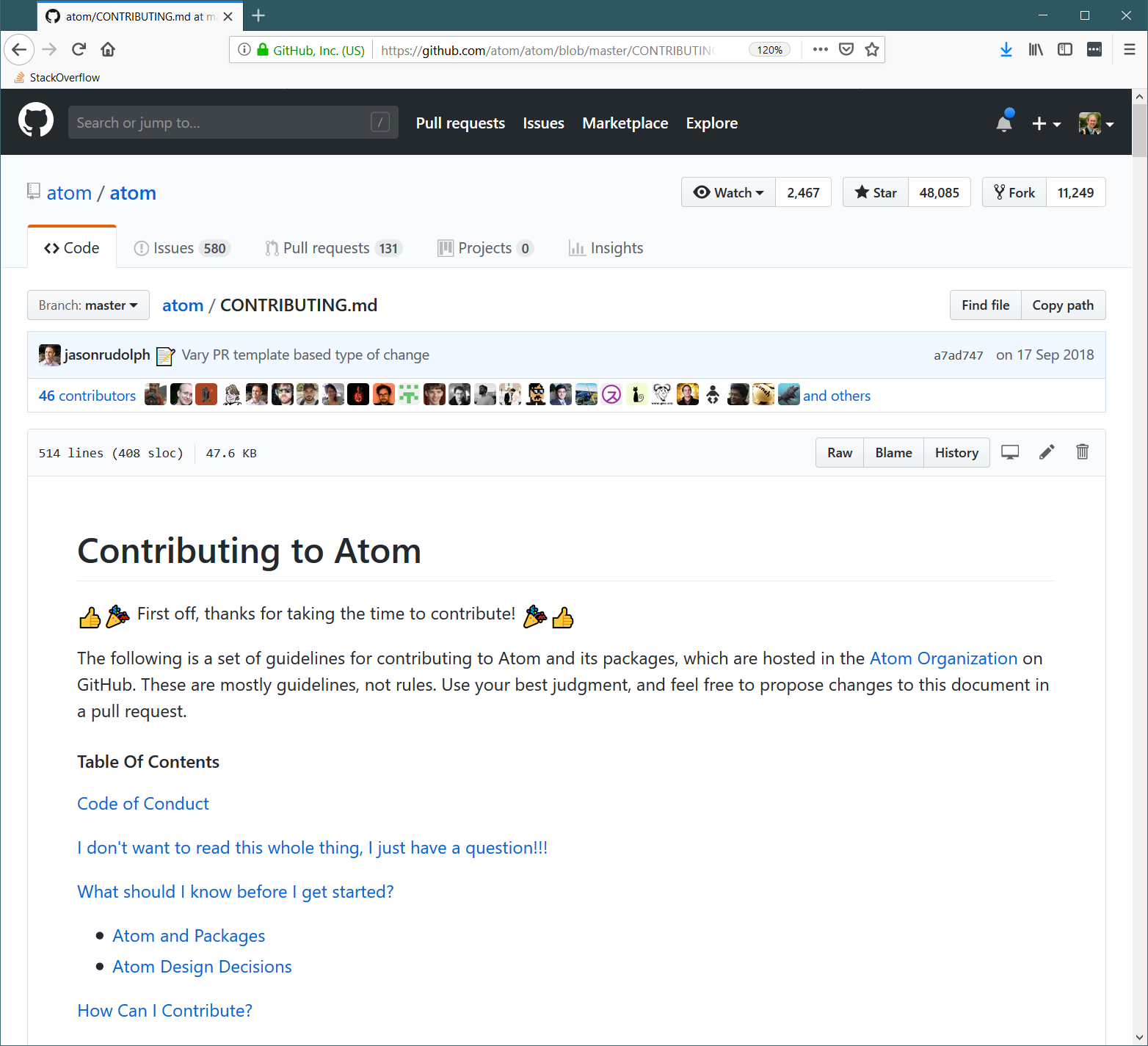
Good contributing
Read the guidelines
On Github typically in CONTRIBUTING.md file
Follow guidelines
Where to discuss, how to comment and explain

Good contributing
Follow coding style
Code indentation, brackets, etc.
Explain things well
Good title and detailed description
Reporting issues is also contribution!
Writing a good issue is a valuable skill
Minimal - As little code and data as possible
Complete - Provide all relevant parts of code
Verifiable - Describe and test the behaviour
Minimal, complete, verifiable example
Broken function to check palindromes
1: 2: 3: 4: 5: |
|
Mostly works, but not always!
palindrome("step on no pets") == true
palindrome("hello world") == false
palindrome("step onto pets") == true
Minimal, complete, verifiable example (1/2)
I tried calling palindrome(text) and it does not work!
Complete - what is the message used as input?
Verifiable - in what way does it not work?
I tried palindrome("step onto pets"), it does not work!
Complete - sample input is now included
Verifiable - in what way does it not work?
Minimal, complete, verifiable example (2/2)
When I call palindrome("step onto pets"),
I get true but the input string it not a palindrome!
Complete - sample input is included
Verifiable - gives expected and actual result
Minimal - input is longer than necessary
When I call palindrome("x12x"), I get true
but the string "x12x" it's not a palindrome!
Summary
Open source software
Recent history of open source software
How Microsoft adopted open source
Sustainable funding and welcoming community
Open source philosophies and funding
Free software or dual licensing model
Consulting, corporate and community model
Contributing to open source software
Following style, code and comment guidelines
Reporting minimal, complete, verifiable examples
CO559: Open source software
What you should remember from this lecture
- Free, dual, consulting, corporate OSS model
- Contributing, minimal complete verifiable example
- Freedom (GPL etc.) vs free beer (MIT, BSD, Apache)
Tomas Petricek
t.petricek@kent.ac.uk | @tomaspetricek
References
Online resources
- How to create a Minimal, Complete, and Verifiable example - StackOverflow.com
